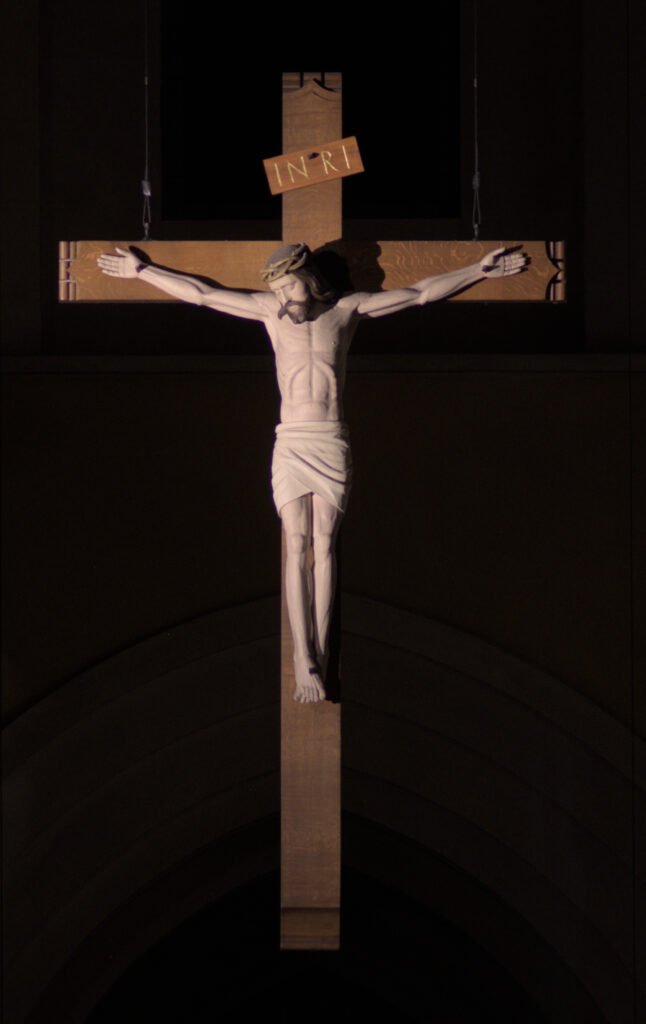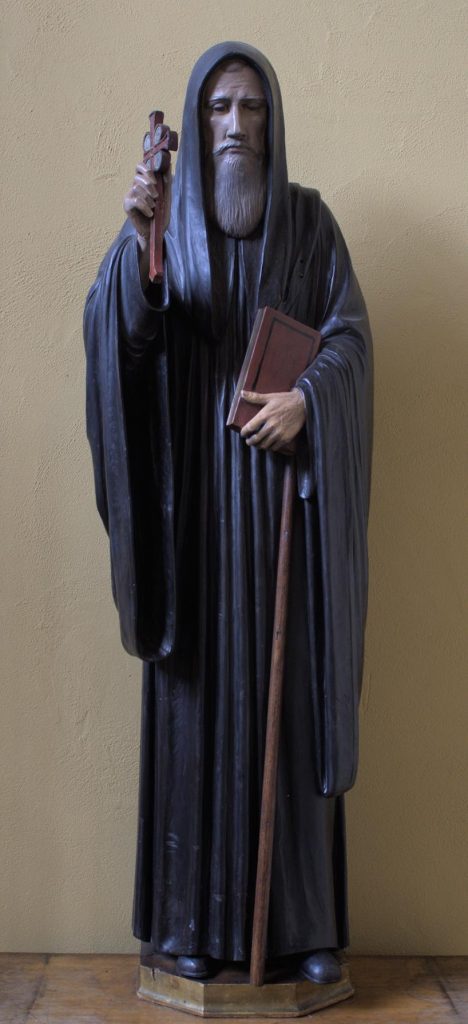Towards the end of September I put a message on this website saying it would be offline for a few days. It is now Christmas and the website is only just back online. In Psalm 89 we pray, ‘To your eyes a thousand years are like yesterday, come and gone, no more than a watch in the night’ (Ps 89:4, Ps 90:4 in the Hebrew numbering). In the Second Letter of St Peter we read, ‘With the Lord one day is as a thousand years, and a thousand years as one day’ (2 P 3:8). The ‘few days’ that I thought the site would be offline turned out to be about 2000 hours so, on God’s timescales, not very long at all, but on human timescales, far too long; but then, patience is a virtue I’m still working on.
‘Slow down!’
When I joined the monastery I was advised that I needed to learn to slow down to the monastic pace of life. St Benedict wrote his rule nearly 1500 years ago; monasticism is a couple of hundred years older than that. It can sometimes seem to take a long time for decisions to be made. Yet this is because we are thinking more of ourselves than the long-term future, which extends beyond our own lifetimes.
I was rushing to make sure the website was updated and on a new server before heading away for studies. I downloaded the site as a backup, switched to the new server, and then found out the hard way that I hadn’t checked that the backup actually worked. The moral of the story is: always check your backups.
Prayer
Before trying to updating the site, I prayed to God that all would be well. St Benedict tells us to pray before beginning any work (Rule of St Benedict, Prologue, v.4). Does the fact that I didn’t get what I prayed for mean that my prayer was unanswered? Of course not! ‘No’ is an answer, although not usually the one we want.
When we don’t get what we pray for, we have to consider why we haven’t got it. The letter of St James suggests that we have not prayed properly, have prayed for something to indulge our own desires (Ja 4:3). St James was warning Christians about having worldly desires and ambitions. Sometimes we pray for things that are not for ourselves but are for the good of others, yet these prayers are also answered with ‘No’. God could have any number of reasons for this; we are incapable of fully understanding Him.
God can say ‘No’ because He has something better in mind. We can only think about the near future and what is near us; He can think about eternity and the entire universe. This is also seen as one of the answers to the problem of suffering. A person suffers but as a result there are greater benefits to more people. Unfortunately, the suffering person might not appreciate this, even after the suffering has ended. Sometimes, the greater reward is in the next life and it can need very strong faith to accept this.
Sometimes ‘No’ is ‘Not yet’. We ask God for something, we do not get it when we ask, yet later we do get it. Again, we have to trust in God; He knows the right time for us to receive His gifts. We often appreciate things more when we have to wait for them, even if we get impatient while we are waiting.
Now is the Right Time
The right time for the website to be back up and running is now, just before Christmas. Today is the 75th Anniversary of Ealing Priory gaining independence from Downside Abbey.
I hope people like the website or find it useful. God willing, it will be updated fairly regularly and frequently. In the meantime, merry Christmas!









